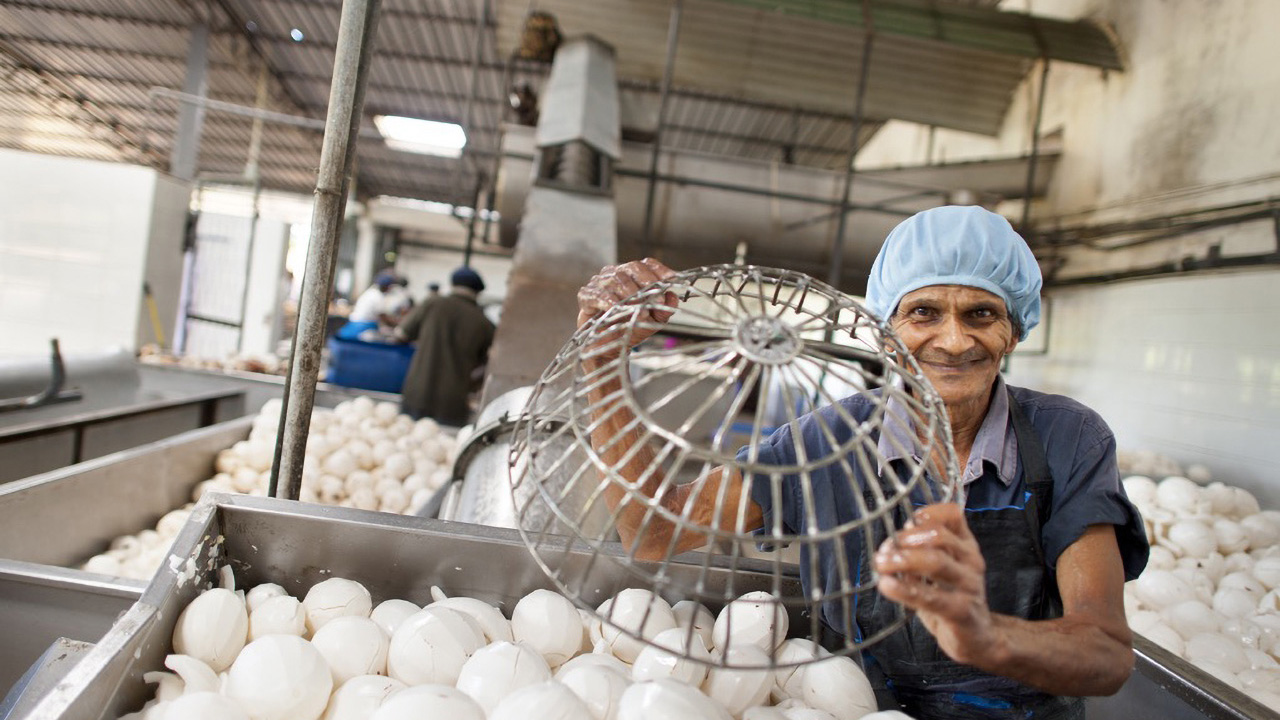
This post is part of a series written from my time in Sri Lanka visiting Dr. Bronner’s Fair Trade coconut oil project, Serendipol, during July 2014.
The Bronner Mom is far from home. In fact, I could hardly be further. Kuliyapatiyia, Sri Lanka. A 12 ½ hour time change. Site of Dr. Bronner’s Fair Trade coconut oil project Serendipol. And before you go off thinking, “Yeah, yeah, yeah. Sri Lanka. I bet she does that all the time,” let’s get one thing straight. I don’t.
I am learning firsthand what Fair Trade is all about. In a nutshell (coconut shells, to be exact!) Fair Trade is a certification that verifies all the practices you hope your favorite companies already do. Fair Trade is about people – paying living wages and providing community benefits for farmers, workers and their families.
“I buy organic. Doesn’t that mean it’s all good?”
Organic means a lot of good things: no petrochemical pesticides, no synthetics, no GMOs to name a few. But organic is completely silent about the issue of labor. While it is better for laborers not to be exposed to all that, they could still be paid pittance, work in slummy conditions, and live in near poverty while providing us with our organic goodies. This is where Fair Trade comes in. Organic certification is a pre-requisite for Fair Trade certification.
What Fair Trade looks like at Serendipol
A witness to worker well-being at Serendipol is the employee retention rate. Workers stay. They don’t find better work elsewhere. What they have at Serendipol is very good.
Guaranteed year round work.
Annual bonuses
Daily production incentives
Fixed monthly salaries
Direct deposit bank accounts
Eye care and medical benefits
School books , uniforms and shoes annually for all employee children
Grants for employee personal home improvement projects.
There’s also a physiotherapist on site twice weekly to assist workers in worker-related muscle fatigue or strain. There are morale boosting annual family celebrations with cricket, badminton, and other competitions. There are educational opportunities for workers and farmers to provide advancement or increased yield.
Here’s one evidence of the improvement in the socio-economic well being of the workers:
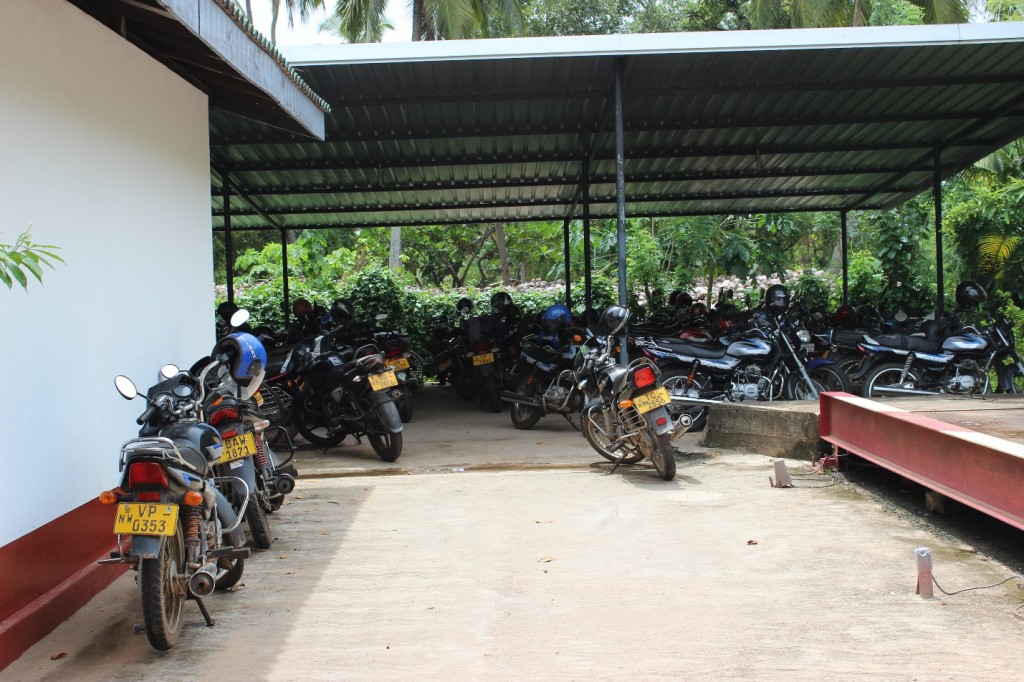
Serendipol is a state-of-the-art facility whose goal in 2014 is to process 20 million coconuts. They’re on track. They receive 17 truckloads of nuts every day.
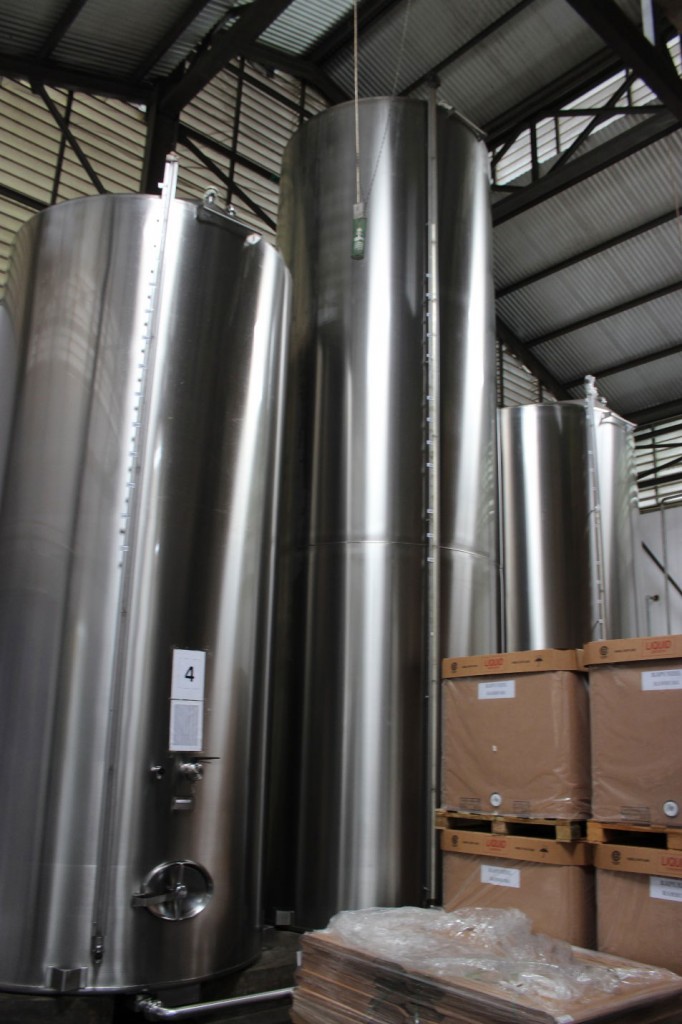
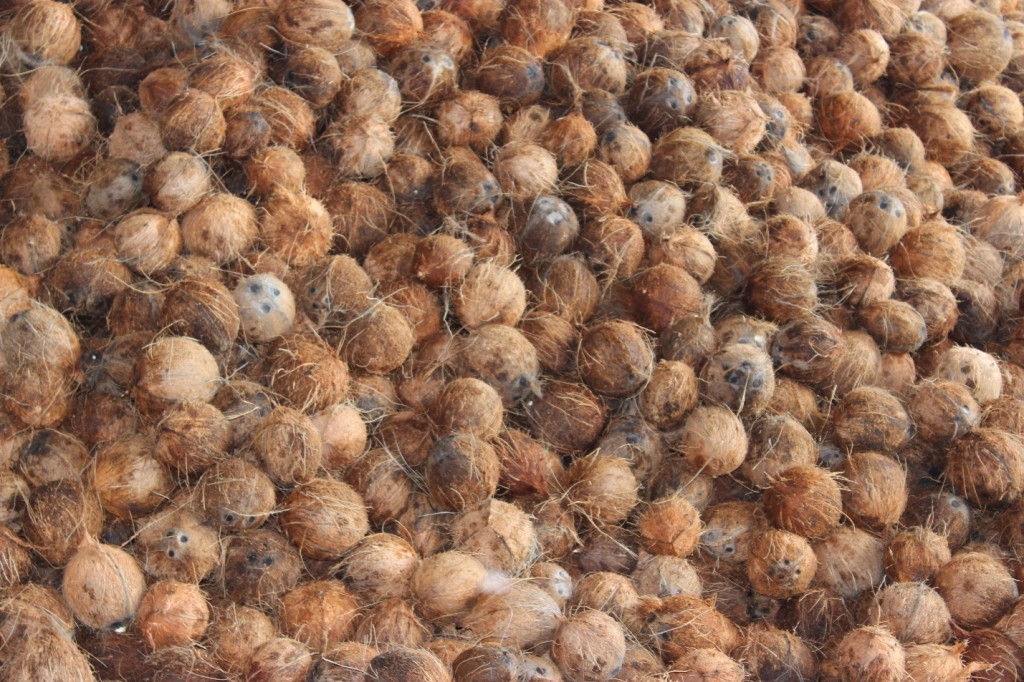
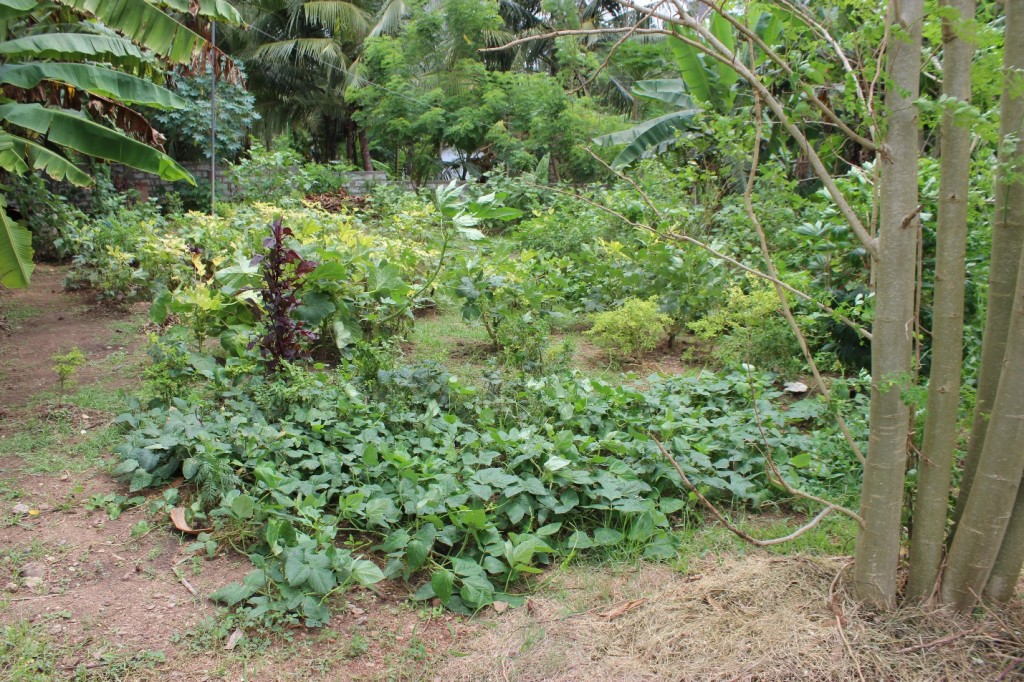
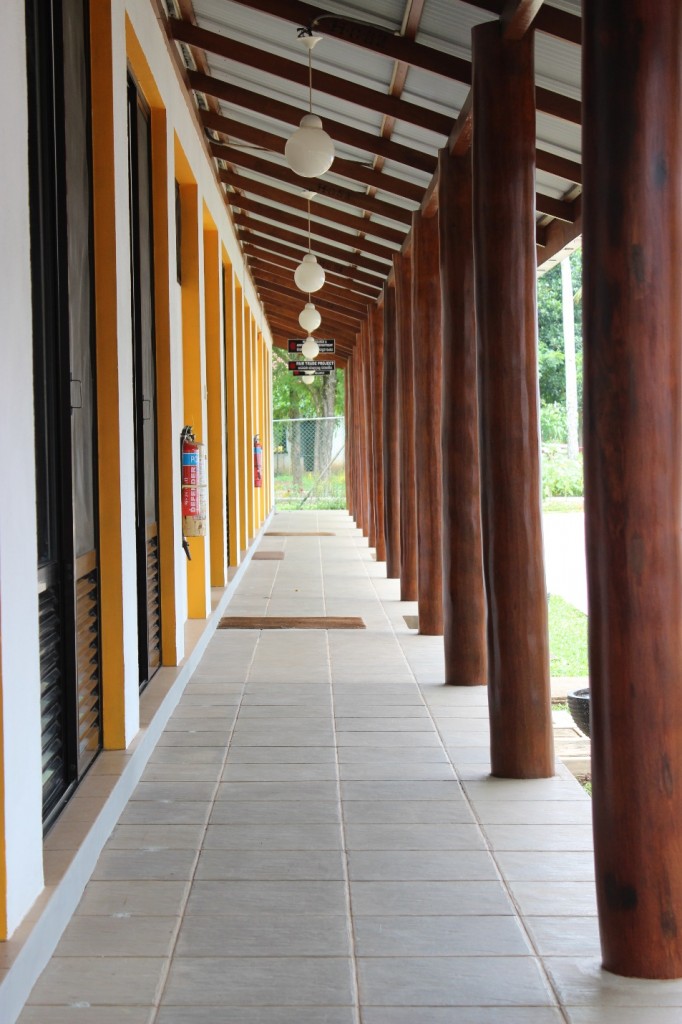

I’m going to stop here for the day and I haven’t even gotten to the multitude of Community Improvement Projects Serendipol has funded. Stay tuned.
Fair Trade is not as widespread as it should be. It’s a concept many consumers as well as suppliers and manufacturers are still finding out about. You won’t find all your products available with Fair Trade options. But the ball has started rolling. Help it pick up speed by:
- Asking companies to pursue Fair Trade certification.
- Buying products from companies with strong Fair Trade certification.
- Educating friends and associates about what Fair Trade is and how much it does.
Check out more information about Serendipol by watching our “Journey to Serendipol” video and on the Dr. Bronner’s website.





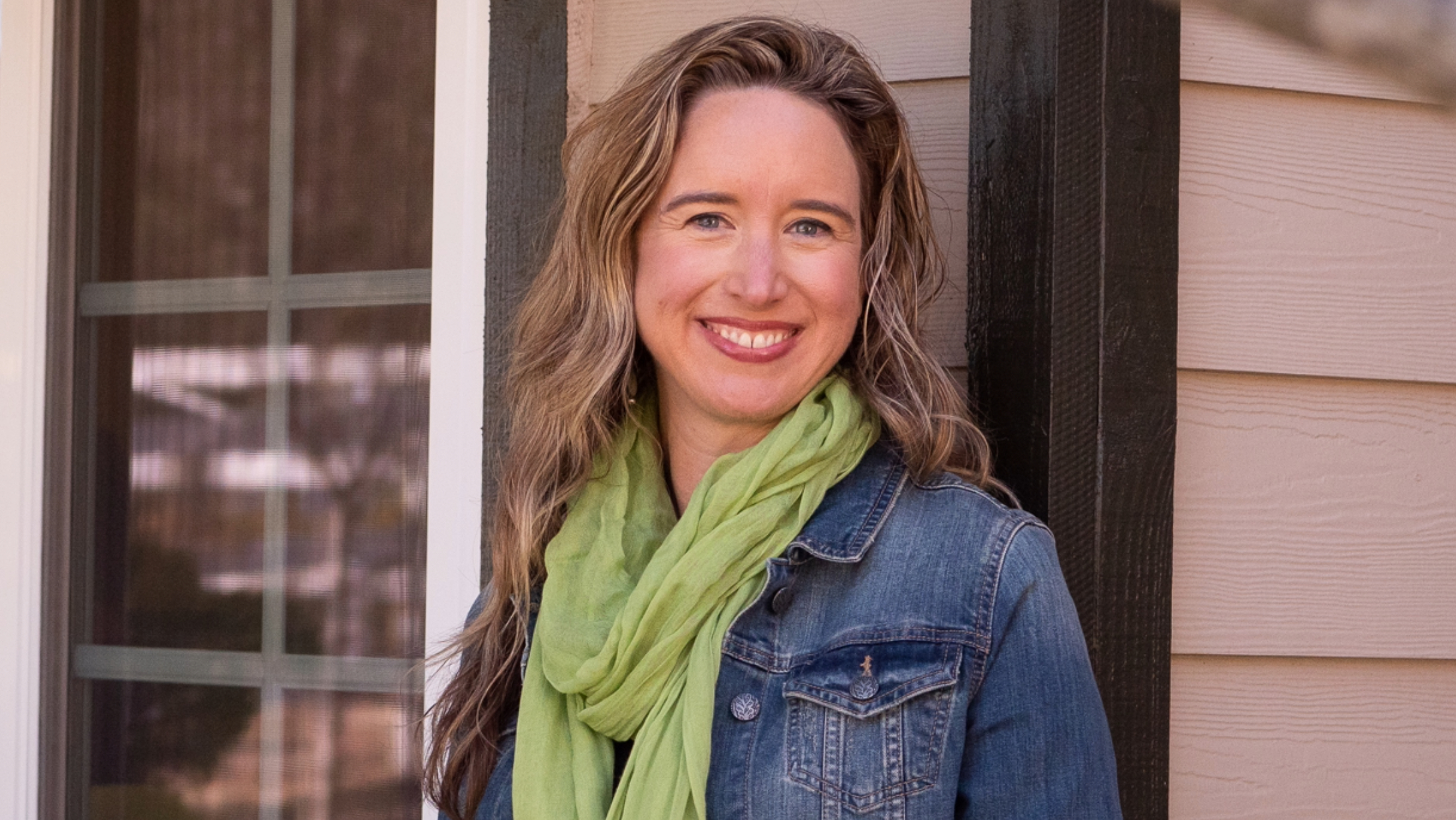


ARE cars a good thing?
What a fascinating project! Stories like this are a must, in order to generate awareness of all the latest buzz words being used these days (organic, 100% natural, Fair Trade, Non-GMO) which may or may not tell the whole story. This Sri Lanka story absolutely sounds like a wonderful success story of respect and care for the people and the planet. I’m cheering for you!